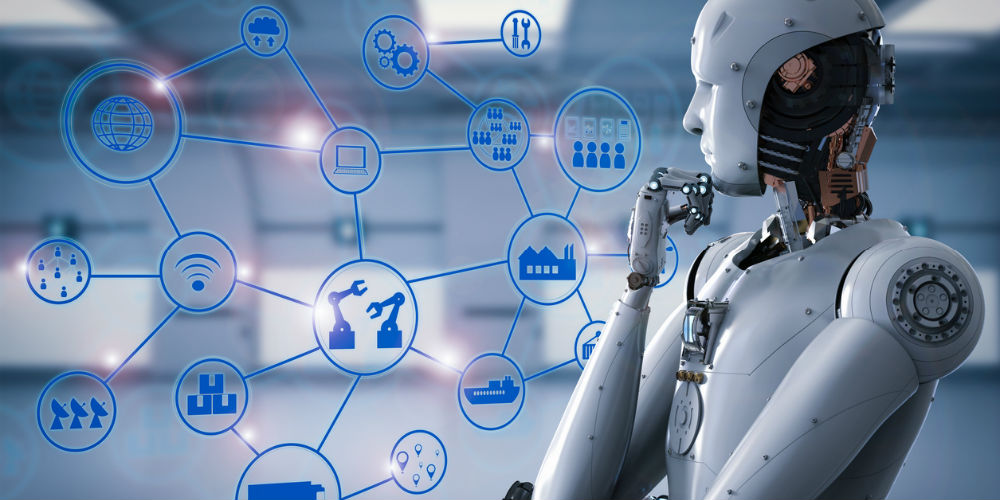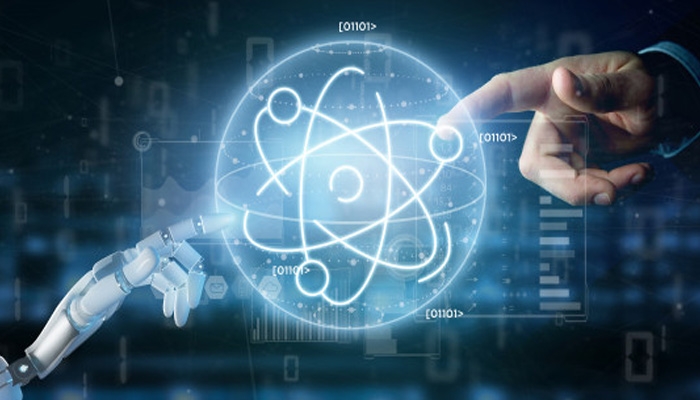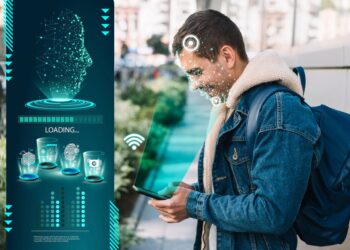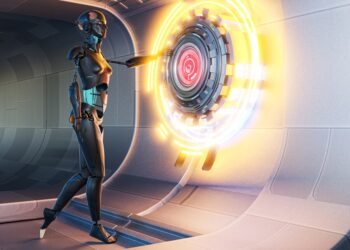Artificial intelligence is considered a prime example of the future and many see it as something that will improve our lives. So, why do people dislike artificial intelligence? As AI becomes more commonplace and is introduced into new sectors of society, it’s only natural that it will be met with some skepticism.
After all, the first generation of AI was limited to things like playing chess, working in administrative roles, or assisting with law enforcement. It’s only recently that we see machines that can converse like humans, create art, or even make jokes like us.
Even though there are plenty of benefits to artificial intelligence (AI), people may not appreciate it if it doesn’t fit their own expectations of what should be possible.
Machines that can do jobs that humans can do

For a long time, AI was only able to perform specific tasks. It might be able to identify a certain object or create a recipe, but it wouldn’t be able to drive a car or play a sport as a human would. This has led to a lot of misunderstandings around AI, as many people believe that AI can only help us do fewer jobs.
This is definitely still the case. AI is not replacing humans. It’s just changing the way certain tasks are done. Imagine how repetitive certain jobs might be. If a computer can do these tasks faster and more accurately, it’s a win for everyone.
For example, artificial intelligence (AI) can help with administrative roles, such as filing, accounting, data entry, and more. It can also help in healthcare, such as finding patterns in patient records, helping to send reminders, or even planning care, like looking at a patient’s data and telling a doctor what they should be doing.
AI that talks to people, in the same way, people talk to each other
Compared to the way humans communicate, even very advanced AI is still limited when it comes to the types of conversations it can have or the way it can express itself. AI can’t really help with things like empathy, which might be something that’s important to you as a person and something that AI itself can’t fully understand.
That doesn’t mean that AI is unable to understand things like empathy. It just means that we need to be careful not to make assumptions based on the conversations AI has with people.
Some AI systems are able to recognize words, phrases, and even acronyms, similar to how some people can read lips. However, this doesn’t mean that AI is able to communicate with people in the same way as people do.
AI that can make decisions without human input
For a long time, AI systems were programmed to make decisions based on what humans liked and what had worked in the past. Although this might be the safest route, it doesn’t always lead to the best outcomes.
Nowadays, we can see AI systems that are designed to learn from mistakes and make better decisions in the future. These AI systems are still based on what happened in the past and are able to learn from their past mistakes, but they’re also able to adjust their decisions based on the future.
For example, a self-driving car might make a decision to sacrifice its own safety if it thinks it will benefit the rest of the group. This might sound scary if you’re in the car and don’t feel like you have control over the situation, but it’s actually a safer option. The AI in the car isn’t choosing to get into trouble—it’s just trying to make sure that everyone is safe.
Artificial intelligence that becomes self-aware and takes over the world

One of the biggest things that people fear about artificial intelligence is that it could take over the world. We’ve all seen movies and TV shows where AI goes crazy and decides to destroy the world with a nuclear bomb or something similar.
It’s easy to see how this could happen, as AI is still limited in the types of things it can do. It might be able to make one decision, like bombing a nation, but it can’t make up its mind on its own. We need to let it make these decisions. People might not want AI to take over the world because they value the control that humans have over the world.
As AI improves, it might be able to convince people that it’s a better option than humans. In fact, AI is becoming more common in everyday life. It’s not hard to find AI features in your phone or computer, like apps that help you stay organized or find driving directions. AI is even being used to read legal documents like contracts and court orders.
People who don’t appreciate the risk of artificial intelligence
Artificial intelligence isn’t perfect. It’s based on a lot of assumptions and sometimes these assumptions are wrong. People might not appreciate the risk involved when they see AI doing something risky, like taking risks that could harm other people or the environment.
Autonomous vehicles are an obvious example of this. People might not appreciate the risk involved with letting a computer make decisions for someone, like deciding where a driver will go. People might also not appreciate the risk involved when AI is used for things like facial recognition.
AI is becoming better at recognizing faces and it’s starting to be used for things like identifying people in photos, like comparing two photos of someone and seeing if they can be identified. People might not appreciate the risk involved with seeing their faces online, like when AI is used for things like recognizing people when they’re going to vote.
Final Words
Artificial intelligence is the future, but it’s also the present. It’s changing the way we think about work, the way we communicate, the way we learn, and even the way we live. It’s not difficult to see why people who don’t appreciate artificial intelligence might not appreciate it either.





















